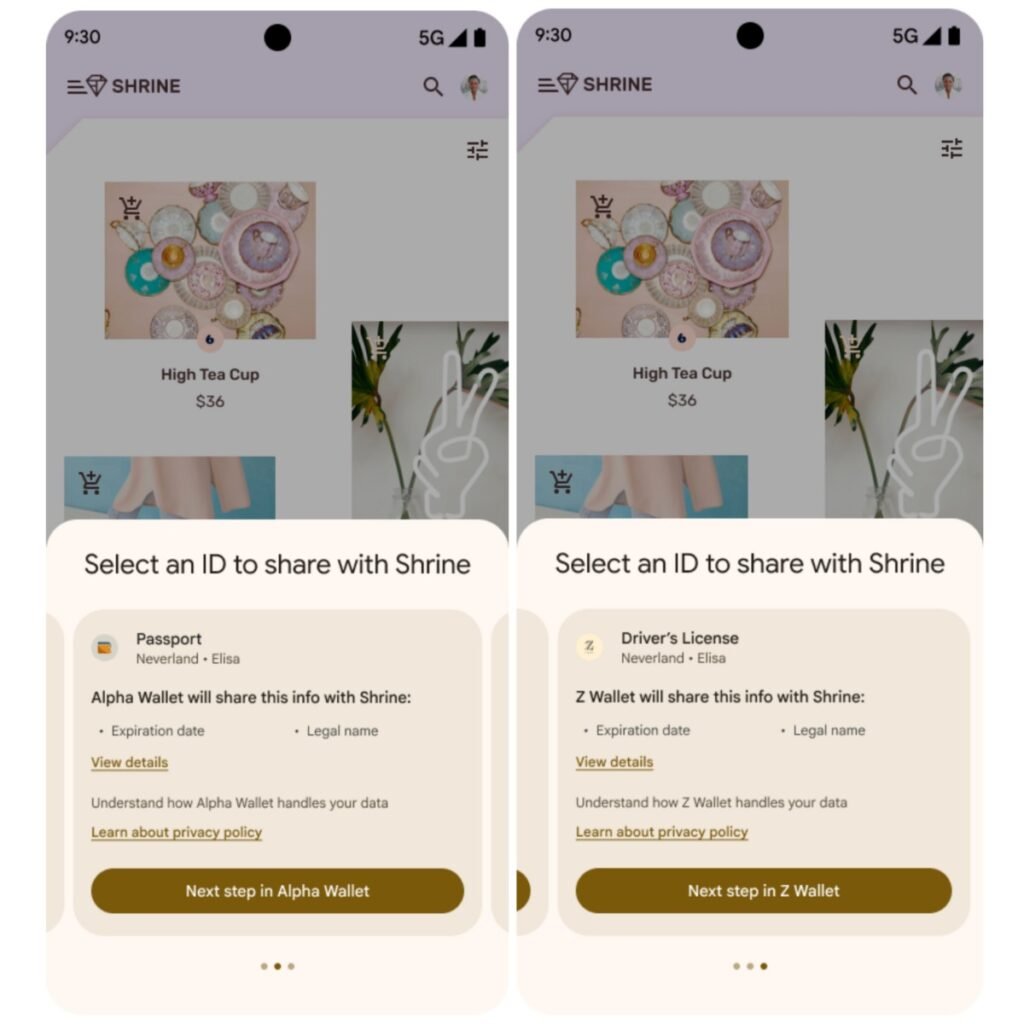
Florida lawmakers approved legislation on Friday that would prohibit elementary and middle school students from using cell phones at any point during the school day, sending the measure to the governor for signature ahead of the 2025–2026 academic year.
The provision, included in a broader education bill, expands existing state law, which currently restricts mobile device use only during instructional time. Under the new rules, students in kindergarten through eighth grade would be barred from accessing phones from the start of the school day until dismissal, including lunch periods and transitions between classes.
The House passed the bill on an 85-14 vote, followed by a 26-5 vote in the Senate. Sponsors in both chambers characterized the restriction as a “bell to bell” approach intended to limit classroom disruptions and promote focused learning environments.
Although the new restriction does not apply to high school students statewide, the legislation directs the Department of Education to launch a pilot program in six counties—two each of small, medium, and large size—to implement and evaluate a full-day phone ban in high schools. The department will select participating districts, with findings potentially guiding future legislative action.
Some lawmakers voiced concern that the ban could interfere with communication between parents and students during off-campus activities such as field trips. In response, supporters of the measure noted that students remain reachable through school administrative offices, just as they were prior to the widespread use of mobile phones.
The cell phone restriction is one of several education-related changes included in the bill. Among other provisions, the legislation requires that charter schools receive a proportional share of local infrastructure sales surtax revenue if traditional public schools benefit from the funds. It also removes the requirement that a majority of teachers support converting a traditional public school to a charter school, leaving parental support as the sole threshold for approval. Additional provisions in the bill revise graduation pathways in career and technical education, amend dual enrollment requirements, and expand eligibility for Florida’s Bright Futures Scholarship Program.
If signed into law, the new restrictions and policy changes will take effect in time for the next academic year.



















